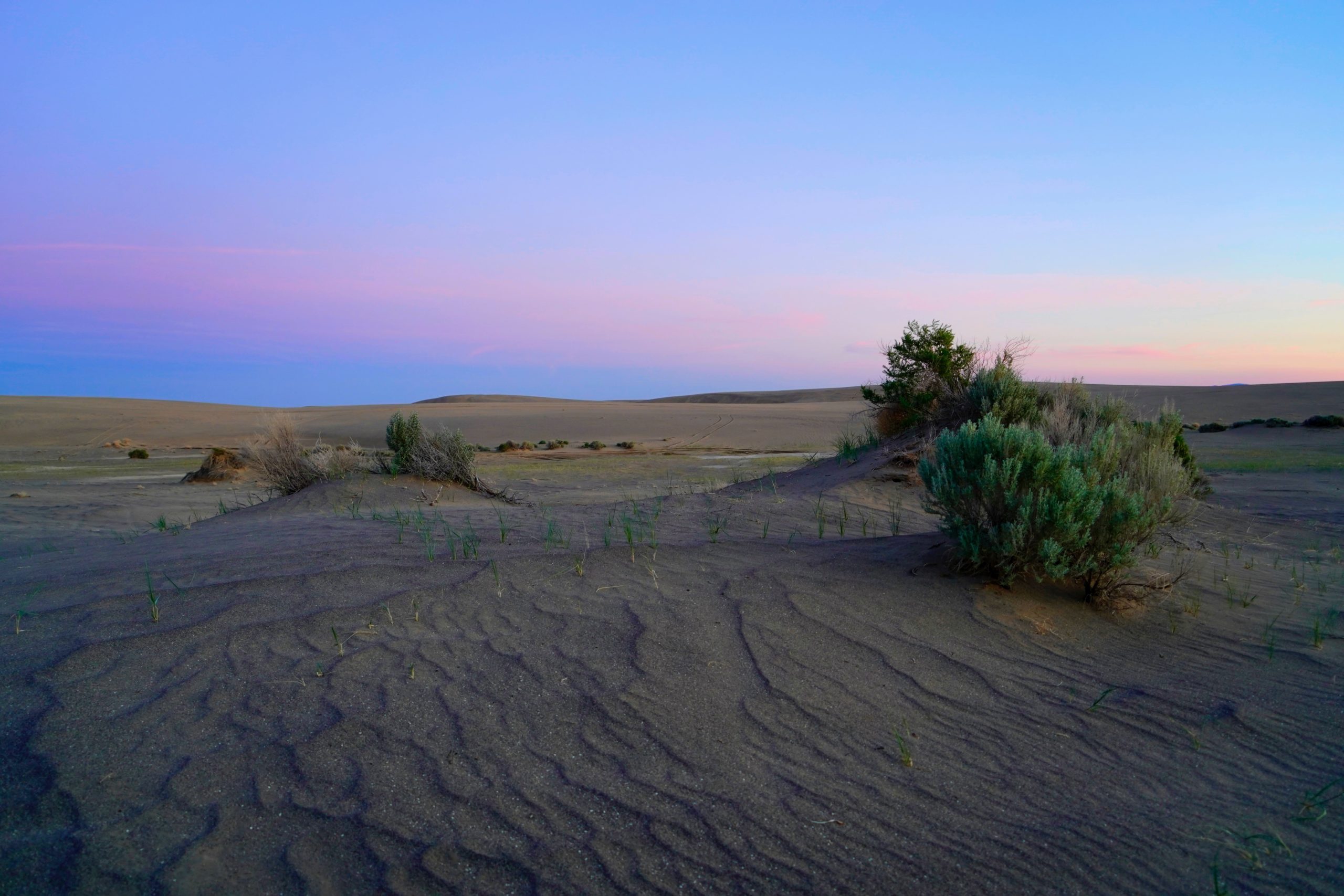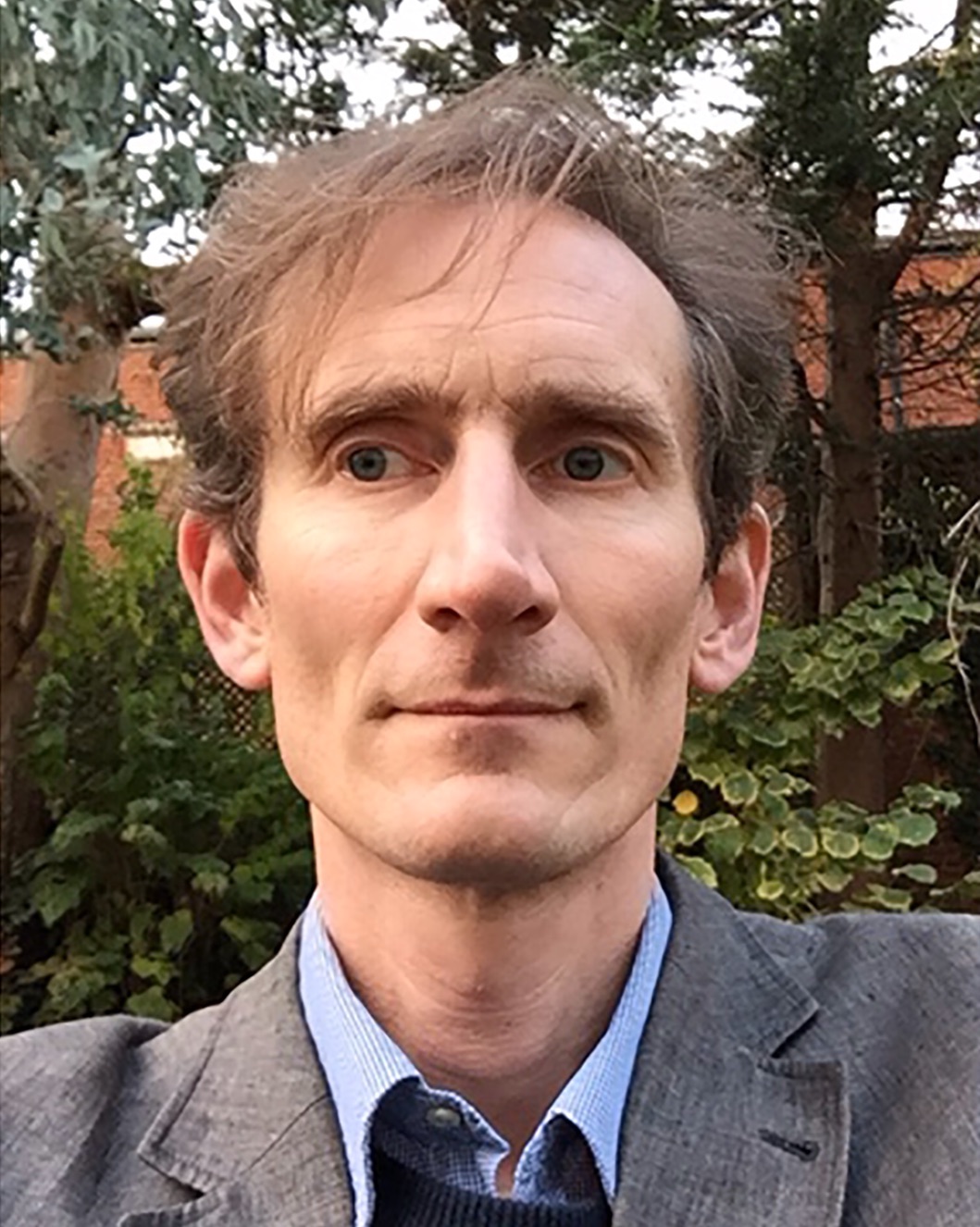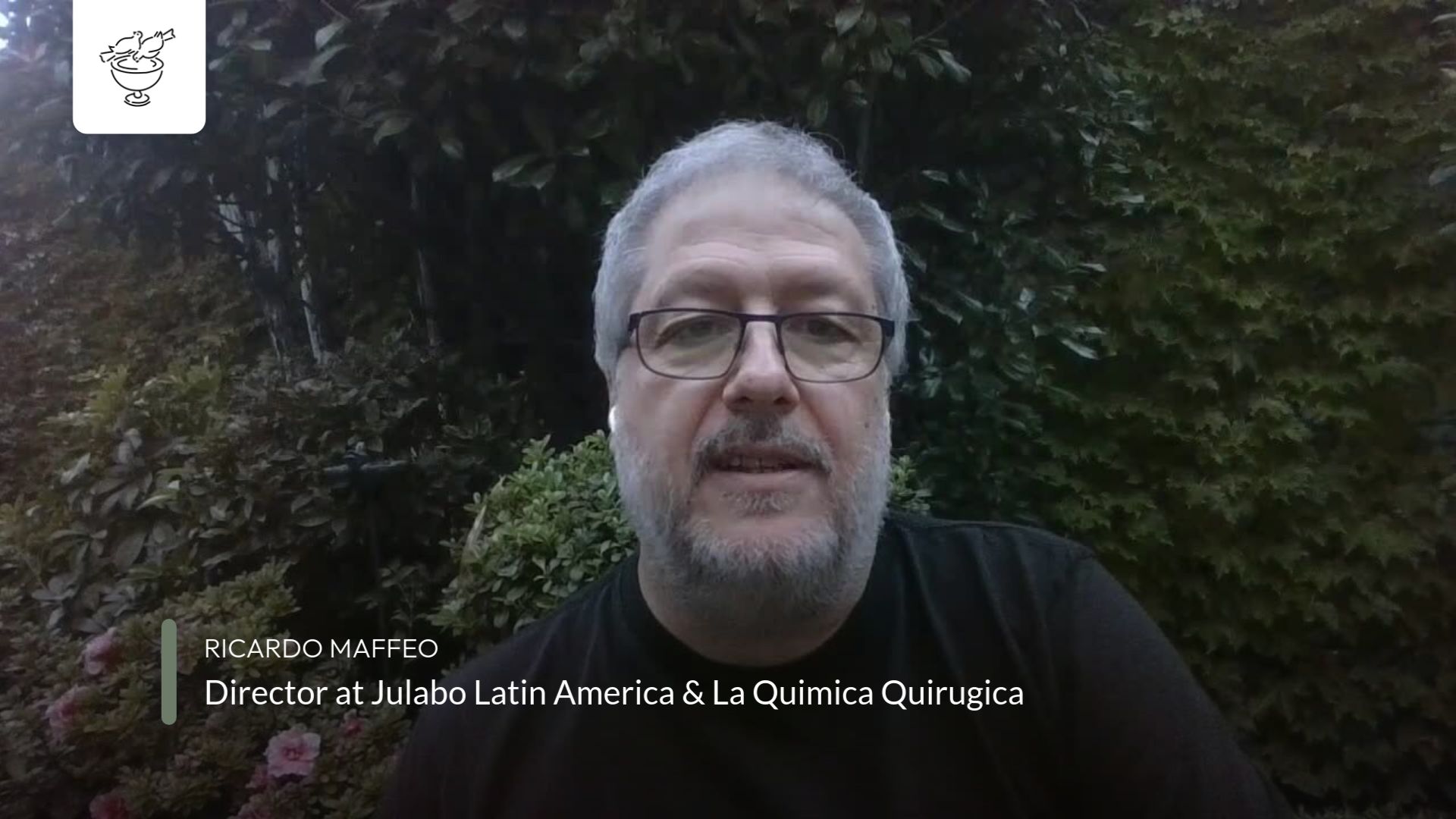Dear Christian Meditation Community,
I would be very interested to find out what Fr. Laurence says about Jesus’ statement ” I am the way the Truth and the life”. For me it has meant firstly that Jesus’ example ie living in the light of God is the way. It has also meant that he is the way for this age…. Buddha and Krishna were for other ages and other cultures.
I found it amazing to see a similar statement in the Bhagavad Gita – p.81 verse 18 ” I am the Way, and the Master who watches in silence; thy friend and thy shelter and they abode of peace. I am the beginning the middle and the end of all things: their seed of Eternity, their Treasure supreme”.
I also feel that as we are all made in the Image of God, we must therefore all have the God spark within us in the depth of our souls. If Jesus is God and we all have God within us then we all have Jesus within us, even if different cultures worhsip a different name. I love this statement in John 10:16 “Other sheep have I that are not of this fold”.
It is a wonderful journey and so important, in that through understanding more about the True nature of God we are then able to understand and connect more to each other, without fear and prejudice.
Jill George (Meditator from Perth, Australia)
Dear Jill,
thankyou for your email. I am replying as an Oblate of the Community. Fr Laurence discusses the place of Jesus in the faith journey in his book ‘Jesus the teacher Within’ which is well worth reading.
There are different ways of understanding ‘I am the Way the Truth and the Life’.
1) We must remember that for Christians the ‘I’ of Jesus is not just a historical personality. It is not just an ego speaking, it is the Logos, the Word of God, through whom all things were created and without whom nothing comes to be. It is also, as you say, the light which enlightens all people who come into the world. This is the ‘I’ which is the Way, the Truth and the Life. Jesus is challenging us to go deeper into his own identity. He is not making us narrow our view of life, truth and faith but helping us to see that wherever there is life, truth and the search for ultimate meaning there he is. So Christ as Logos can be understood by Christians to be at the root of all that is true, life giving and holy in other religions.
2) The statement which follows ‘no one comes to the Father except through me’ also challenges deeper understanding of his identity. It need not be a denial of other religions but could be read as giving an extra dimension to religious faith: ‘no one comes to God – as Father – except through me’. In other words it is a particular relation to God as Abba, father – a particular intimacy, that Jesus comes to reveal and open up. It does not mean that God is not come to in other ways (Islam, Hinduism etc) but there is a particular intimacy to Christian faith expressed in the prayer ‘Our Father’. There is no problem in saying that each religion is distinct, even that each has a particular quality of the truth. Maybe this is the particular Christian quality. It need not be exclusive of other truths.
3) The statement may better be understood though in terms of the Logos: ‘No one knows the Father except the Son and no one knows the Son except the Father, and those to whom the Son chooses to reveal Him’. Jesus, as the fully human ‘Word’ expresses God. He reveals the source of his being and our being, which he calls ‘Father’. But likewise we cannot know who Jesus really is unless we share in his own self-knowledge, unless we know like him that our true identity comes from God, that we are ourselves expressions of God. Again what sounds like an exclusive statement is really a challenge to deepen our awareness of Jesus’s identity and in doing so our identity, for what he is we are; ‘I have revealed to you everything I have learned from my father’.
4) Another way of understanding this is in terms of Jesus’s relation to religion. The ‘way, the truth and the life’ is not a set of ideas, beliefs or practices and observances but is a person. In the same way that ‘the Sabbath is made for man, not man for the Sabbath’, Jesus may be reminding us that ultimately the way to God is through self-knowledge, through the discovery of God within us, in our own experience, rather through obeying external rules or confusing beliefs, which are signposts along the way, as the end of the journey. Even Jesus himself is ‘the way’, in his human form he shows us the way, but he also challenges us to pass through him, with him and in him to the ultimate source of his and our life. In his human form we cannot cling to him, as he says; ‘Do not cling to me, for I have not yet ascended to the Father’. Or as St Paul says ‘even if we have known him in the flesh we no longer know him that way’.
5) From this perspective, Jesus often balanced his statements about himself with a reminder that what he is we are, or at least we can be. This is a problem of all Christology. As in 1) and 3) above, we can forget the ‘Divine’ aspect of Jesus’s identity, so we can also forget the human aspect, that we are as he is. So where Jesus says; ‘I am the light of the world’, he also says ‘You are the light of the world’, ‘You are the salt of the earth’, etc. As it says at the end of the Gospels, not everything Jesus said is recorded in them (‘if it was then the world would’nt be big enough to contain the books’ – he must have talked a lot!). So it is quite likely that Jeus balanced his statement ‘I am the Way, the Truth, and the Life’ with a reminder that what he is we are, or can be, ie. ‘You are the Way, the Truth and the Life’. In other words that ‘Word’ through whom all things exist and that is the life of all things, is also the root of our identity and we come to God through self-knowledge. Put simply – we cannot come to God as our father unless we realise that we are his children.
Hope this makes some sense, there are many ways of approaching Scripture, from the literal, to the allegorical, the moral and the mystical. All have an aspect of truth, to limit to the literal however is often to miss the depth of what is being said. Surprisingly, as we go deeper into the identity of Jesus, revealed in Scripture, we find that it is more and more expansive. It does not narrow ‘life, truth and religion’ to the memory of a historical person but shows that wherever goodness is found in human life there God is present. Jesus shows us what ‘the way, the truth and the life’ looks like in human form.
All best wishes,
Stefan Reynolds
Oblate of WCCM (London & Cork)





